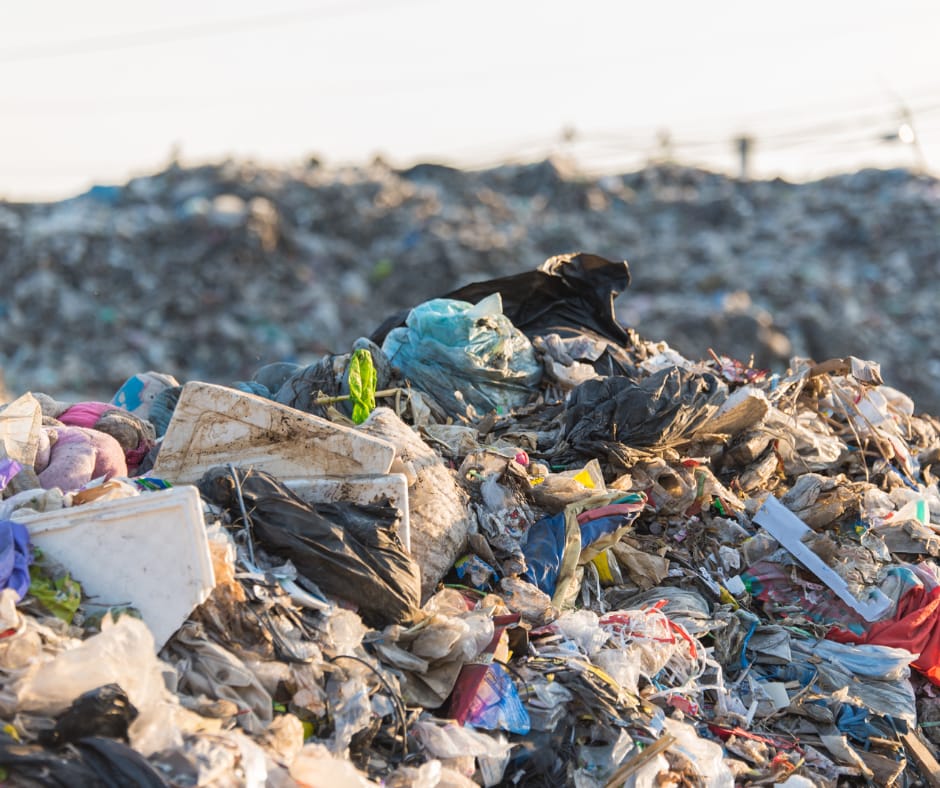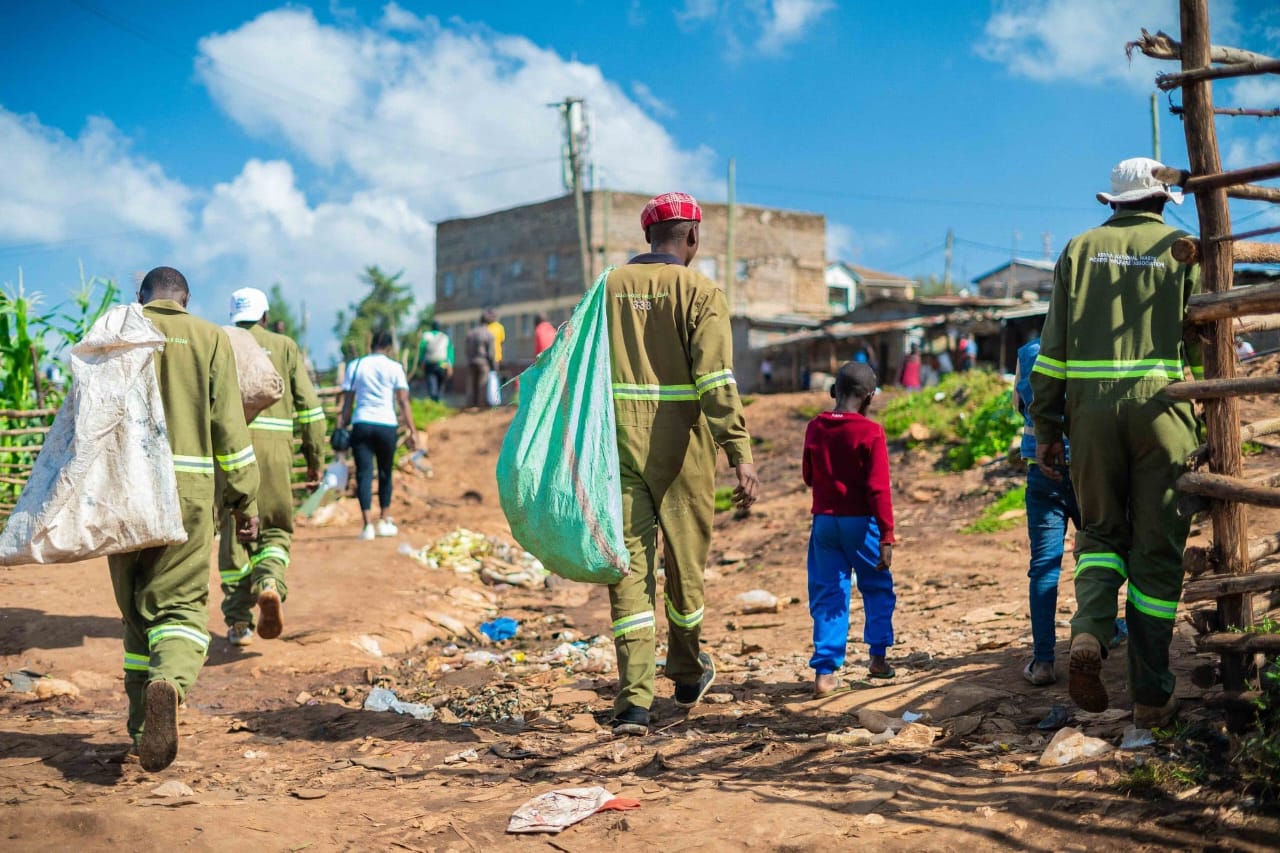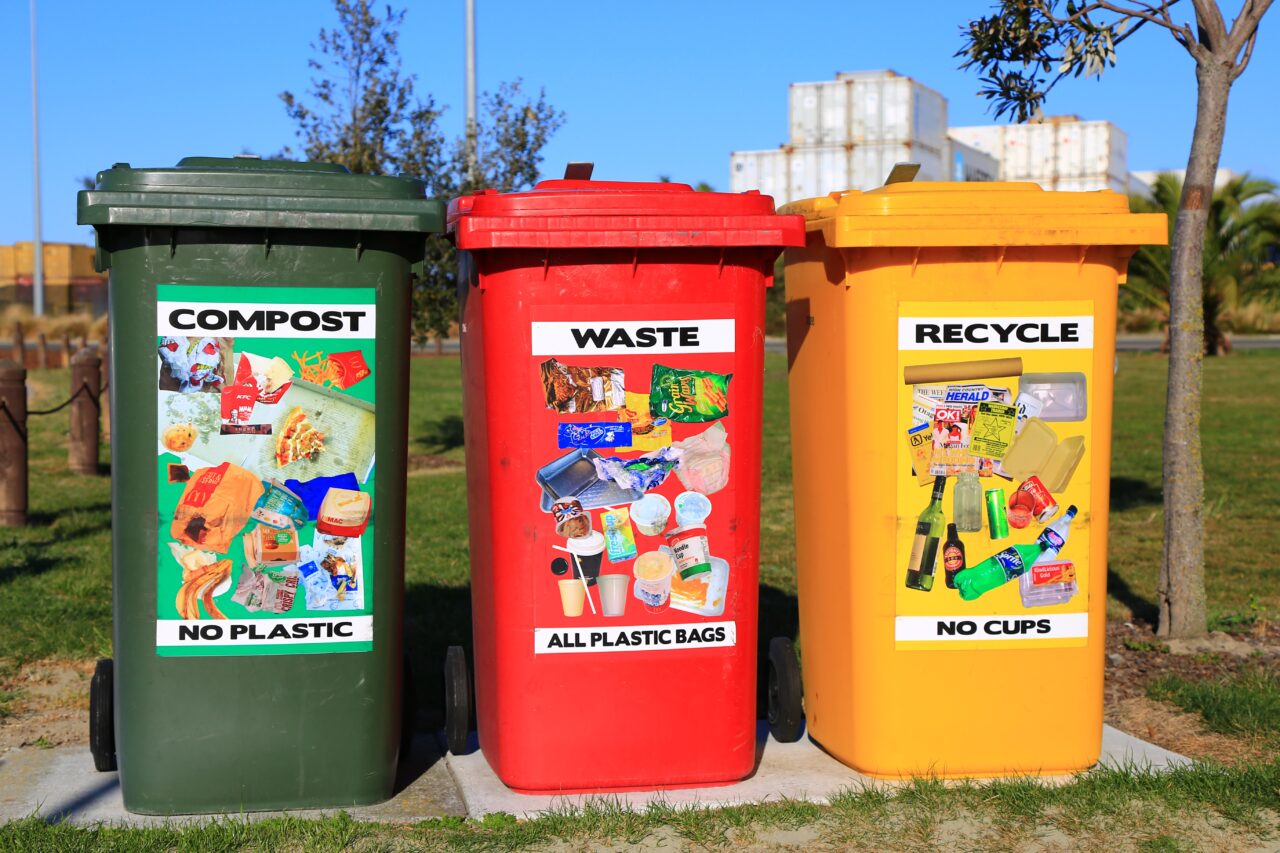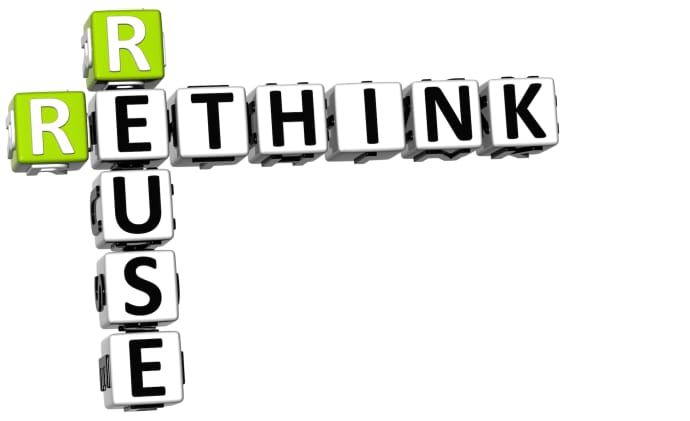
By Nicole Murugi
Solid waste management (SWM) is a significant public health and environmental concern in many developing countries’ urban regions. Nairobi’s solid waste situation, which could be used to represent Kenya’s overall situation, is characterised by low solid waste collection coverage, pollution from uncontrolled waste dumping, inefficient public services, an unregulated and uncoordinated private sector, and a lack of key solid waste management infrastructure. Allison (2010) predicts a daily solid waste generation of 4,016 tonnes. The collection rate is as low as 33% (JICA, 2010), leaving around 2,690 tonnes uncollected (nearly equivalent to the total daily trash generation estimated by JICA (1998)
Apart from the Nairobi City Council (NCC), which is responsible for the supply and regulation of SWM services in the city, other actors have emerged, including private firms and community-based organisations. The modes of operation of these actors are poorly known. Effective coordination among these entities is also lacking, and the city council’s control of private firms is only just getting started.
According to Mwangi (2007), a review of total costs incurred by various players and waste collected every month revealed that CBOs had the lowest fixed cost of operation when compared to commercial enterprises. Furthermore, CBOs had the lowest cost per tonne of waste collected when compared to other operators, who exhibited nearly double that amount. These findings imply that solid waste management is extremely expensive, and that CBOs are the most cost-effective solid waste operators. As a result, CBOs should be left as garbage operators in low-income regions where residents cannot afford to pay a high waste management fee because to their cheap operating costs.
Because of their relatively high operating expenses, private enterprises are better suited to operating in high-income regions and the central business district, where inhabitants or building owners can afford the services. However, private firms are primarily concerned with getting a return on their investment and may not be efficient due to the complexity of their operations, particularly when effective coordination and SWM models are lacking.



